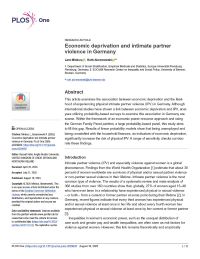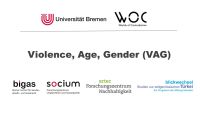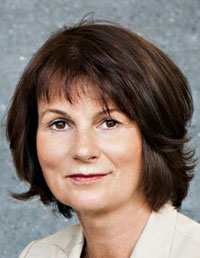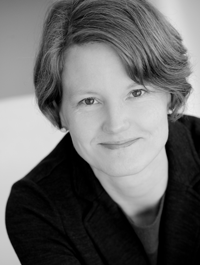Ten Bremen University scholars from three departments (Law, Social Sciences, Pedagogy and Educational Sciences) and three institutes (bigas, artec, and SOCIUM) set up an interdisciplinary labWhat is it about?
Research innovations need cooperation. The interdisciplinary lab, which was founded as part of the WoC (Worlds of Contradiction)will approach the topic of “Violence, Age and Gender” from a legal and social science perspective and bundle competencies. The aim is to merge national and international knowledge about the occurrence and causes of gender-specific violence and harassment in public, institutional, and private spheres in an interdisciplinary manner to derive further research questions and develop strategies to prevent violence. Starting point is the current Convention 190 on the elimination of violence and harassment in the work environment adopted by the International Labour Organization (ILO).
Experiencing violence in a structural and individual way means to live in and with contradictions. Forms of violence are experienced at different times of life and within different circumstances, which affects social and individual development opportunities.
Ten Bremen University scholars from three departments (Law, Social Sciences, Pedagogy and Educational Sciences) and three institutes (bigas, artec, and SOCIUM) use gender as the common analysis criterion for the investigation of violence-induced contradictions in (the course of) life, applying an intersectional perspective. The intertwined inequality dimensions gender, age, class, and ethnicity result in overlaps with violence, migration, and racism.
The underlying interdisciplinary and interdependent concept of violence allows the investigation of governmental, institutional, organisational or interpersonal violence against people of all genders and different age groups as well as power relationships, such as power imbalances in employment relationships or multiple discrimination. Sources related to international and regional legal conventions, including their monitoring, as well as research results from the legal and social sciences are used as the foundation.
The lab thus builds on the gender research that has been established at the University of Bremen since the 1980s and, with its interdisciplinary perspective on the subject of violence, aims at a theory-practice transfer contributing to concrete improvements of living conditions. The results will be made available for knowledge transfer between politics, administrations, and civil society.
Prof. Dr. Konstanze Plett, LL.M. (founding member)
Prof. Dr. Ursula Rust (founding member)
Prof. Dr. Simone Scherger (founding member)
Prof. Dr. Ines Weller (founding member)
Prof. Dr. Betül Yarar (founding member)
Ass. Prof. Dr. Fatma Karakaş-Doğan (founding member)
Dr. Ruth Abramowski (founding member)
Dr. Anna Hokema (founding member)
Dr. Sylke Meyerhuber (founding member)
Dr. Sabine Ritter (founding member)
Wiebke Blanquett, M.A. (founding member)
Privatdozent Dr. Thorsten Fehr (since 13.07.2020)
In addition to the active scholars involved, the lab collaborates with colleagues who pursue research within the tradition of gender research at the University of Bremen: Prof. Dr. Karin Gottschall (FB 8, SOCIUM board member, head of the department of “Dynamics of Inequality in Welfare Societies”) and Prof. Dr. Gabrielle Bolte (FB11, managing director of the IPP).
Various lectures and workshops with renowned European and international lawyers and sociologists researching violence are planned for 2021. A larger conference (including around 100 participants) at the Protestant Academy “Loccum” is planned for December 2021, with the subsequent publication of an anthology collection.
Contact:
Prof. Dr. Ursula Rust
Fachbereich Rechtswissenschaft
Universitätsallee, GW1
28359 Bremen
Tel.: +49 421 218-66080
E-Mail: urust@uni-bremen.de
Dr. Ruth Abramowski
SOCIUM Forschungszentrum Ungleichheit und Sozialpolitik
Mary-Somerville-Straße 5
28359 Bremen
Tel.: +49 421 218-58550
E-Mail: ruth.abramowski@uni-bremen.de




















